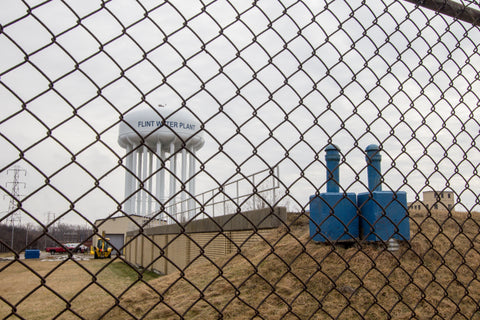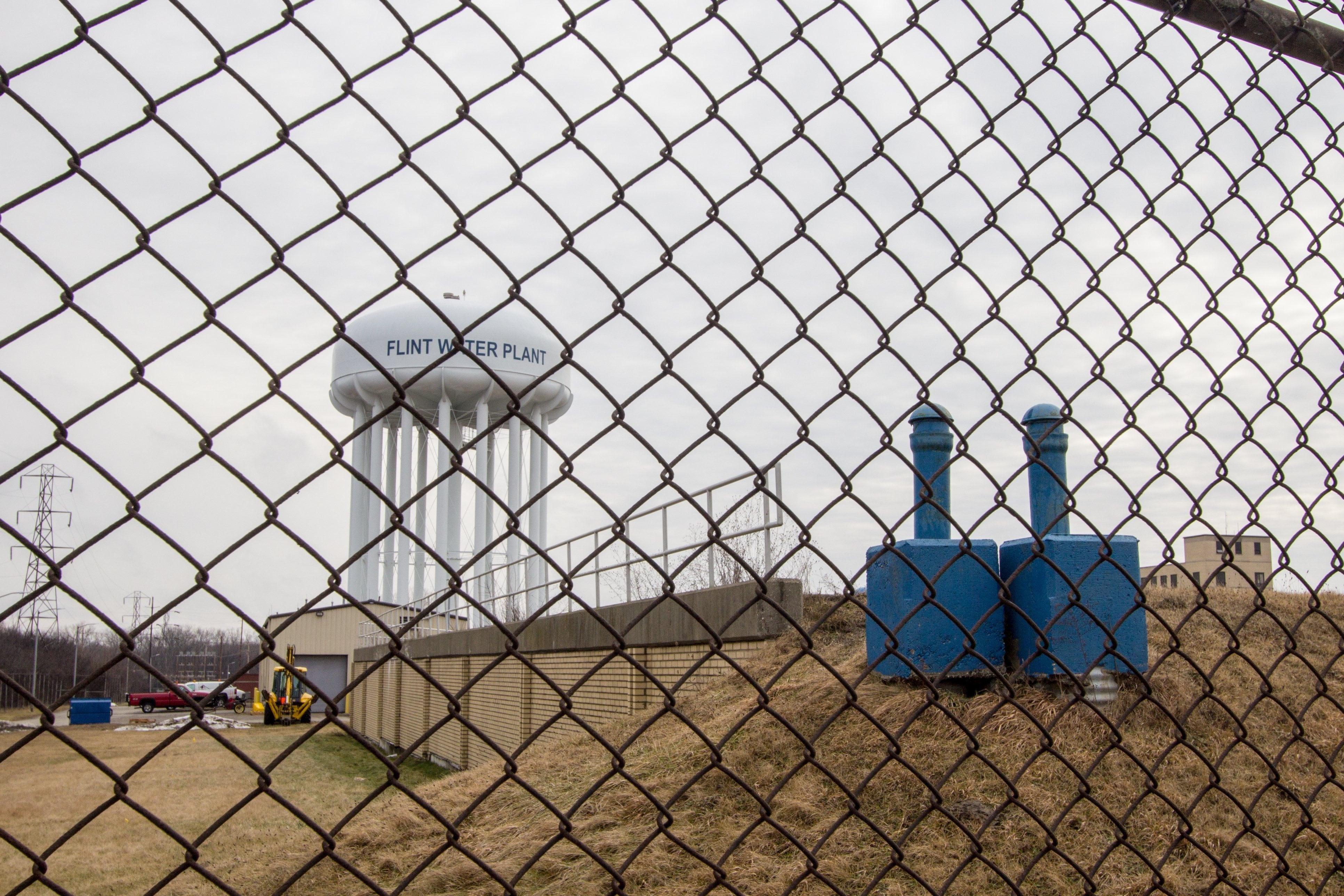
The great majority of Americans, about 80%, now live in cities or in the areas immediately surrounding cities. These people must all drink water supplied by their local municipality, and ensuring a safe water supply is necessary to preserve the health of several hundred million people. Prior to 1974, there were basically no standards applied to water quality, but the establishment of the Safe Water Drinking Act was a step in the right direction to keep public drinking water safe. The law was updated later to include wells, rivers, reservoirs, and all other sources of municipal drinking water.
Any water supply is dependent on what enters the water system, and contaminants can enter a city water supply hundreds of miles from where the water will be used. There are a number of pollutants that can pose health problems:
- Overflow of sewage from treatment plants or septic systems, especially in times of flooding.
- Radon and arsenic are natural pollutants that are found in different regions of the country.
- Agricultural areas can produce large amounts of pollution from fertilizers, pesticides, and animal waste.
- Manufacturing plants can release chemicals into the system.
Testing of municipal water supplies is essential to guaranteeing the quality and safety of city water, but there are times when testing is either inadequate or fails completely, particularly when the filters in the system are not able to detect some pathogens. Cryptosporidium, for example, has caused outbreaks over the past 20 years or so, with the number of people being sickened growing over this time span. Testing is done at varying intervals, depending in part on state and local regulations.
However, although most bacterial and other contamination is dealt with adequately by the great majority of municipal water systems, there are still two inescapable substances that many people would be happy to avoid: chlorine and fluoride
Chlorine is put into water to prevent bacterial illnesses. Most municipal water is drawn from reservoirs, lakes, or rivers and cannot be considered to be safe to drink. Chlorine eliminates not only most viruses, but also such dangerous bacteria as those that cause typhoid fever, cholera, and dysentery. The number of incidents from these pathogens has fallen to nearly nothing since chlorination was introduced. However, since chlorine can also have some negative health effects, many people will use filtration systems in their homes to remove the chlorine from the water.
Fluoride was once touted as a wonderful way to prevent dental decay. However, research has shown that it actually makes little difference in preventing cavities, and can actually cause damage to the teeth. There also seems to be a correlation between lower IQ and fluoridated water. While many municipalities have suspended use of fluoride, it is also possible to filter it from your drinking water, too.
Today, water filters are available, either as countertop or undersink models or as whole house systems that can remove undesirable elements from municipal water. Advances in filtering technology will allow the removal not only of VOCs, heavy metals, and cysts (which are usually able to slip through treatment plants), but also of the chlorine and fluoride that is present in municipal water.


Share:
Is Chlorinated Water Healthy for You and Your Family?
Treating E Coli in Municipal Drinking Water